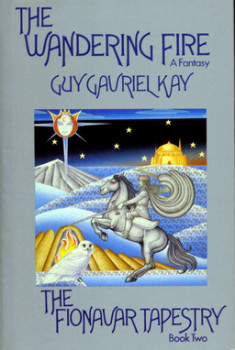Art of the Genre: Kickstarter Landscape Early 2016
 You know, as much as I write about Kickstarter, there just always seems to be more to say. Just this week I was reading a blog post by Danny Capaccio entitled ‘The Myth of Kickstarter’ which certainly got my juices flowing to write more on the subject. You see, Danny was writing about his… I’ll use the word ‘concern,’ that Kickstarter isn’t what it’s billed to be. Danny had a Kickstarter campaign that was going to fail (and now has), and although he did manage nearly $10,000 in contributions for his game ‘#Storytags’, it didn’t really sniff the $17,000 he required for the campaign to fund.
You know, as much as I write about Kickstarter, there just always seems to be more to say. Just this week I was reading a blog post by Danny Capaccio entitled ‘The Myth of Kickstarter’ which certainly got my juices flowing to write more on the subject. You see, Danny was writing about his… I’ll use the word ‘concern,’ that Kickstarter isn’t what it’s billed to be. Danny had a Kickstarter campaign that was going to fail (and now has), and although he did manage nearly $10,000 in contributions for his game ‘#Storytags’, it didn’t really sniff the $17,000 he required for the campaign to fund.
Danny’s theory iss that successful Kickstarter companies now dominate the platform and drown out smaller companies and individuals who really need it. Sorry Danny, you are a few years late on this one as I tilted at the windmill with The Pillaging of Kickstarter here on Black Gate in early 2012, four years ago! Granted, Danny extends my rant with the caveat that once a company has success they should get out and run a business like normal, not Kickstart all their future projects.
The primary difference between Danny and I is that I’ve had fourteen successfully run and fulfilled Kickstarter campaigns since 2012, and had two before I even wrote my infamous ‘Pillaging’ article, while Danny’s only attempt has now failed. Still, I’m sure he’s getting the same ‘sour grapes’ jibes I did back in 2012, but nonetheless, I’m no longer convinced that my 2012 argument is sound, while Danny’s 2016 version is closer to the truth, and yet still is a ‘miss’ on the target.
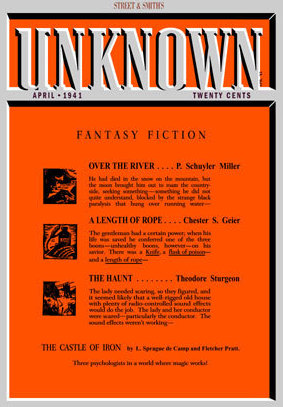
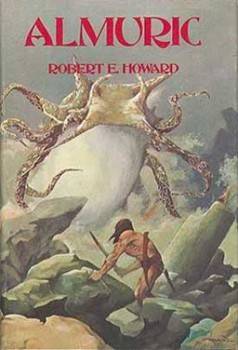

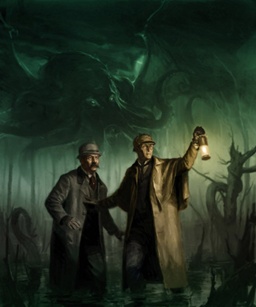
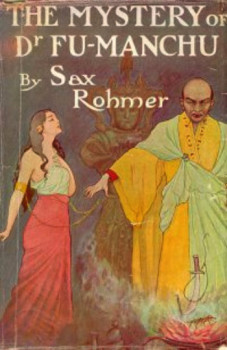
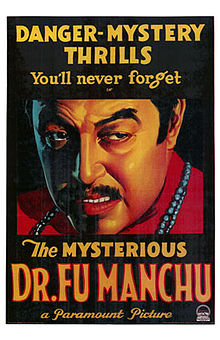
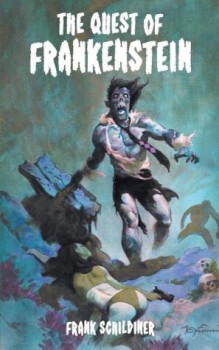
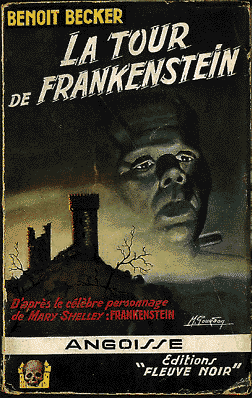

 I don’t know how I forgot “superhero” when I wrote about
I don’t know how I forgot “superhero” when I wrote about 